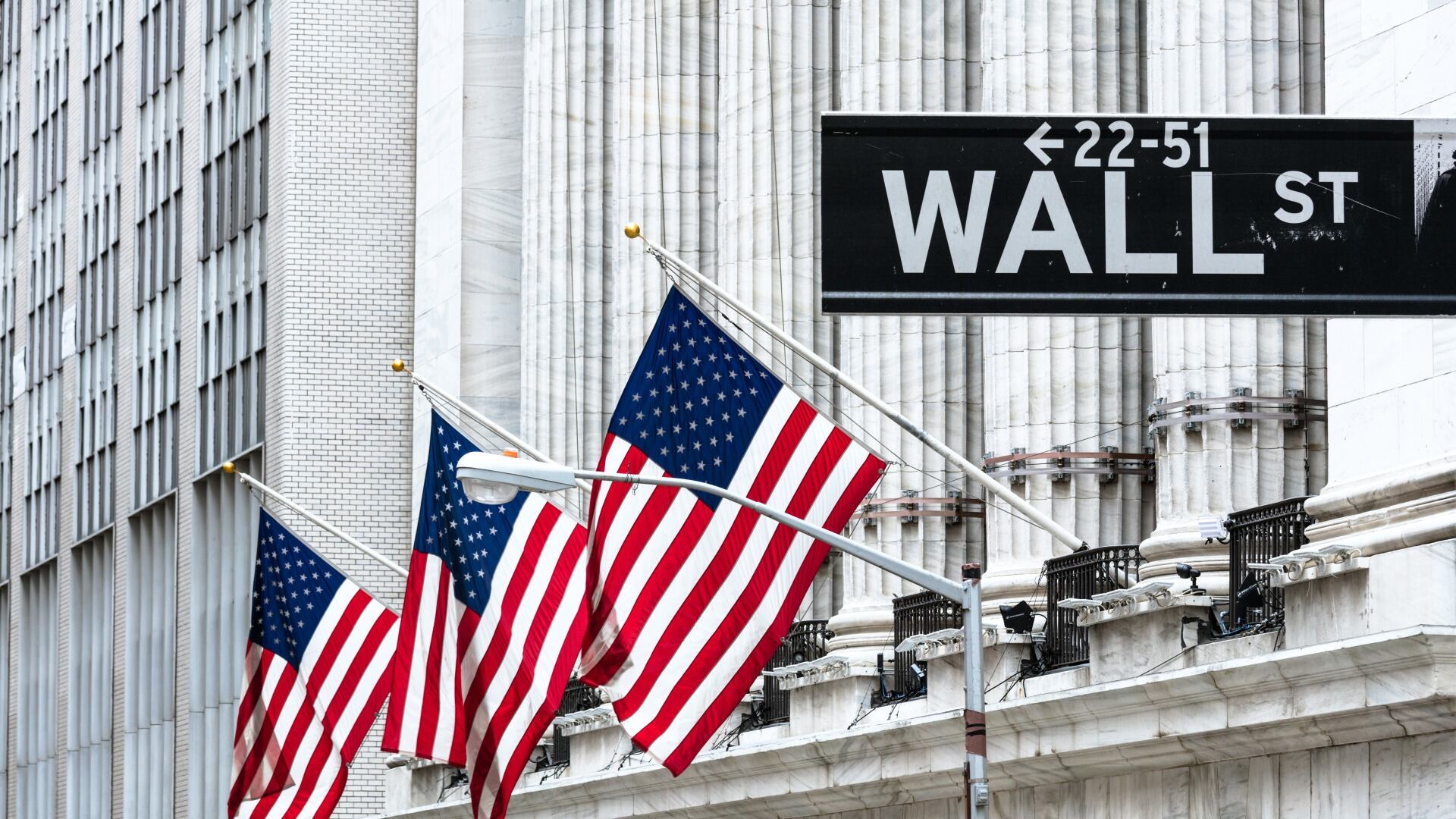By Stan Choe
Stocks are rising Wednesday as Wall Street shakes off a bit more of the fear that dominated it earlier this month.
The S&P 500 was 1.1% higher in afternoon trading. The Dow Jones Industrial Average was up 231 points, or 0.7%, at 32,626, as of 12:25 p.m. Eastern time, while the Nasdaq composite was 1.5% higher.
They followed similar sized gains in other markets around the world, and the S&P 500 is on track to close what’s been a tumultuous month with a modest gain. That’s despite the month being dominated by worries about banks and whether the industry is cracking under the pressure of much higher interest rates.
By Wednesday, a measure of fear among stock investors on Wall Street was back down near its lowest point since March 8, the day before Silicon Valley Bank’s customers suddenly yanked out $42 billion in a panicked dash. It became the second-largest U.S. bank failure in history and sparked harsher scrutiny of banks around the world.
Big actions by regulators recently have calmed some of the worries around banks, including a government-brokered takeover by one Swiss banking giant of another. In that deal, UBS said Wednesday it’s bringing back former CEO Sergio Ermotti to help it absorb its troubled rival, Credit Suisse. Ermotti led the bank through its turnaround following the 2008 financial crisis.
UBS stock in Switzerland rose 3.7%. Other big banks across the continent also strengthened, which helped indexes there to rise 1% or more.
On Wall Street, the vast majority of financial stocks in the S&P 500 were rising. In the U.S., most of the scrutiny has been on smaller and midsized banks instead of the titans. That’s because smaller banks are seen as more at risk of suffering a sudden exodus of customers, similar to the run that toppled Silicon Valley Bank.
Some of the banks recently seen as most at risk were moving sharply. First Republic Bank rose 4.6%. PacWest Bancorp. was up 2.7%.
The Federal Deposit Insurance Corp. announced the sale of much of Silicon Valley Bank's assets at the start of this week. Regulators earlier this month also announced programs to help banks raise cash more easily.
That, plus the implicit promise U.S. officials have seemed to make about protecting depositors at other banks, should help support the industry, analysts say.
Easing fears about the banking system have helped Treasury yields to steady somewhat in the bond market, following some historic-sized moves earlier this month.
The yield on the 10-year Treasury, which helps set rates for mortgages and other important loans, remained at 3.57% from late Tuesday.
The two-year yield, which moves more on expectations for the Fed and has been particularly unsettled, dropped to 4.07% from 4.08%. Earlier this month, it went from more than 5% to less than 3.80%, which is a massive move.
The path ahead for the Federal Reserve and other central banks has suddenly become much more difficult to navigate because of the banking industry’s struggles. Typically, the still-high inflation seen around the world would call for even higher interest rates. But that would risk applying more pressure on banks, which could pull back on lending and squeeze oxygen out of the economy.
The Fed will get another update on inflation this Friday when the government releases a monthly report on spending and consumption, which the central bank considers its preferred measure of inflation.
Traders are split on whether the Fed will raise interest rates again at its next meeting in May or take a pause. If it doesn’t raise rates, that would be the first meeting where it doesn't in more than a year.
Higher rates can slow inflation, but they do so by bluntly hammering the entire economy. That raises the risk of a recession while also dragging down prices for stocks and other investments.
Traders are largely betting the Fed will have to cut rates as soon as this summer, something that can act like steroids for markets. But the Fed has been hinting it sees perhaps one more hike before holding rates steady through this year.
Many professionals on Wall Street are taking the Fed at its word, saying rate cuts would likely come more quickly only if the economy is in serious trouble.
For now, a remarkably resilient job market has been holding up the economy, even as portions of it weaken under the strain of higher interest rates.
With the end of March approaching, most companies are close to wrapping up their first quarter of the year. They'll begin telling investors in upcoming weeks how much profit they made, and expectations are largely weak.
Analysts expect a 6% drop in earnings per share for companies in the S&P 500 index, versus year-earlier levels. That would be the worst showing since the spring of 2020, at the height of the pandemic.
Lululemon jumped 13.2% after the athletic apparel company reported stronger profit and revenue for its latest quarter than expected.
Micron Technology on Wednesday rose 6.2% even though it reported a bigger loss and weaker revenue for its latest quarter than expected. Analysts said they were expecting a rough quarter, and they see some signs of optimism on the horizon as bloated inventories in the industry appear to be working down.
___
AP Business Writers Joe McDonald and Matt Ott contributed.













